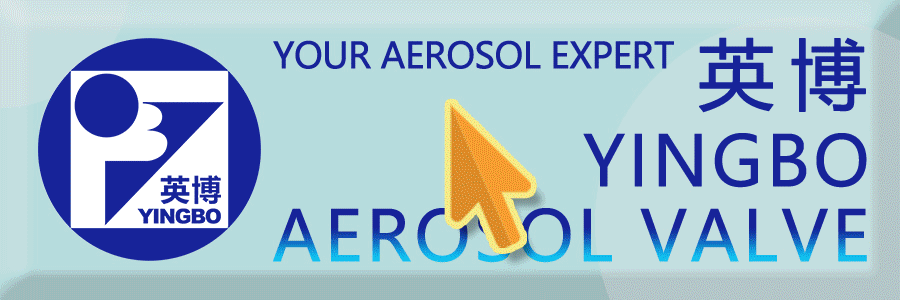Unilever reports strong performance in ‘volatile’ operating environment
While Unilever’s operating environment has seen improvements, it remains volatile, the organisation said. Restrictions on daily life are still in place globally, impacting channel dynamics, sales mix, and consumer behaviour.
Although renewed restrictions in India impacted the market in Q2, they were less severe than in the same period in 2020. In China, normalisation has continued, but market growth is still below pre-COVID-19 levels.
Markets in North America and Europe declined in Q2 as Unilever lapped the surge in demand for in-home food and hygiene products in the same period of 2020. In difficult macro-economic conditions, markets are growing in Latin America, said the company, but market conditions in South East Asia remain challenging. In Indonesia, large parts of the country have entered lockdown following a sharp rise in COVID-19 cases.
Unilever said it continues to be guided by its five strategic choices: developing its portfolio into higher growth spaces; win with its brands as a force for food, powered by purpose and innovation; accelerating in the US, India and China and leveraging its emerging markets’ strength; leading in the channels of the future, and building a purpose-led, future-fit organisation and growth culture.
These strategic choices, combined with the company’s ‘sharp focus and operational excellence’, delivered first half underlying sales growth of 5.4%, with volume growth of 4% and 1.3% from price. Underlying sales in Q2 were at 5%, including price of 1.6%, which accelerated through the quarter as its pricing actions landed in markets.
Beauty and personal care
Announced by Unilever in April, several smaller beauty and personal care brands have been separated with a dedicated management team under the name Elida Beauty. The brands include Monsavon, Q-Tips, Caress, Tigi, Timotei and ‘perfume deodorant’ firm Impulse, with combined revenues of around €0.6 billion in 2020. Unilever is exploring options for these brands with a focus on maximising value creation.
Unilever’s beauty and personal care underlying sales grew by 3.3%, with 1.8% from volume and 1.4% from price, accelerating to 4.2% underlying sales growth in Q2. This was helped by increased personal care consumption as living restrictions were eased in some markets.
Skin care grew in the double digits and deodorants returned to growth. Unilever launched Dove’s refillable (stick) deodorant innovation in the US, one of many Dove projects exploring sustainable packaging solutions.
Hair care grew in the mid-single digits. Wash and care and styling both grew and the company saw ‘good growth’ in China, India, and Brazil.
“Unilever has delivered a strong first half,” said Unilever’s CEO Alan Jope. “We are making good progress against the strategic choices outlined earlier this year, including the development of our portfolio into high growth spaces.
“Prestige Beauty and Functional Nutrition grew strongly and we recently announced the acquisition of digitally native skin care brand Paula’s Choice.
“Competitive growth is our priority and we are confident that we will deliver underlying sales growth in 2021 well within our multi-year framework of 3-5%, despite more challenging comparators in the second half.
“We have seen further cost inflation emerge through the second quarter. Cost volatility and the timing of landing price actions create a higher-than-normal range of likely year-end margin outcomes. We are managing this dynamically and expect to maintain underlying operating margin for 2021 around flat.”










